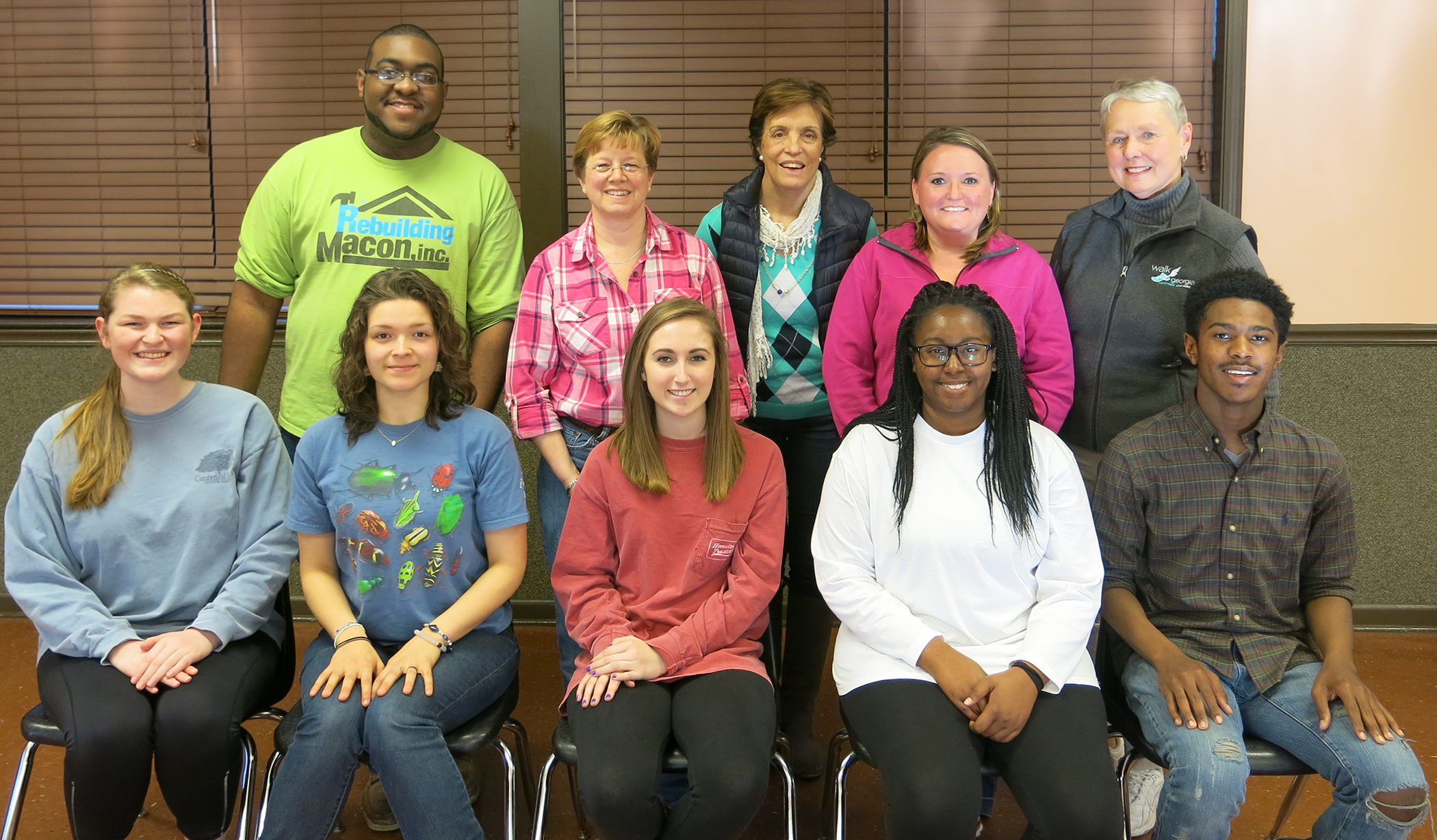Athens, Ga. – The University of Georgia has received a grant from the U.S. Department of Agriculture’s Agriculture and Food Research Initiative to train undergraduate researchers to design childhood obesity interventions while working as counselors at 4-H camps.
The three-year Youth Obesity Undergraduate Research and Extension—Y.O.U.R.E.—fellowship, which is aligned with the UGA Obesity Initiative, includes an interdisciplinary team of 10 faculty mentors who will provide training and guidance to the 10 fellows chosen for the program.
The program was specifically designed to focus on underrepresented minorities and disadvantaged groups to engage them in research and experiential learning under the direction of experienced UGA researchers.
Of the first five fellows chosen for the initial cohort, two are from Mercer University, one is from Abraham Baldwin Agricultural College, one is from South Georgia State College and one is from UGA.
All of the fellows who complete the program will be invited to present their research at a future Center for Undergraduate Research Opportunities, or CURO, symposium at UGA.
“We have this really dynamic Obesity Initiative and this really strong CURO program as well as a really strong 4-H camp experiences for youth, so we thought this makes sense for us,” said Deborah Murray, Y.O.U.R.E. faculty mentor and associate dean for extension and outreach for the UGA College of Family and Consumer Sciences. “This is a really unique opportunity for us.”
The fellows will participate in two weekend workshops where they will learn both qualitative and quantitative methods for conducting community-based research as well as receive online instruction and a week of preparation prior to the beginning of the eight-week 4-H Youth Development Camp at Rock Eagle.
During this time, they will be trained to deliver the Health’s Our Pledge, or HOP, class, a collection of activities designed by UGA Cooperative Extension that stresses physical activity, healthy eating habits and decision-making skills.
Fellows also will be introduced to the 4-H Healthy Lifestyles and Youth Development curriculum and mentored weekly by a graduate assistant.
More than 8,000 youth and 1,000 adults attend 4-H camps at the four camp center host sites at Rock Eagle, Jekyll Island, Fortson and Wahsega.
“You’ve got the best laboratory possible in our 4-H camps,” Murray said.
In the first year, the initial cohort of five fellows will collect and analyze data on the impact of the HOP activity on campers.
In year two, the first cohort will then develop new interventions to be implemented at 4-H camps, comparing the results and impacts to the previously delivered activities and presenting findings at the CURO symposium. The second cohort of five will begin the program.
Year three will include a fellows weekend workshop, project assessment and implementation of new curriculum for the second cohort.
UGA faculty members who will serve as mentors are Murray; Laura Jolly and Jung Sun Lee from the College of Family and Consumer Sciences; Jennifer Gay from the College of Public Health; Glen Nowak and Karen King from the Grady College of Journalism and Mass Communication; Mandy Marable, Extension 4-H specialist; Diane Hartzell, assistant director for the UGA Obesity Initiative; and 4-H faculty members Charlie Wurst and Cheryl Varnedoe.
Silvia Giraudo, associate dean for academic programs in the College of Family and Consumer Sciences, is the project director.
The first cohort of fellows is composed of Sarah Waldrop and Kara Jordan, Mercer University; Elise McDonald, UGA; Accacia Lawson, Abraham Baldwin Agricultural College; and Travis Dopson, South Georgia State College.
While the fellows are collecting data, they also will be asked to provide data of their own for researchers trying to determine how the experience might impact the fellows’ choices for future education or careers in Extension.
“This is student experiential learning, and it’s really emphasizing to students how to be able to apply the research they are doing as an undergraduate with real-life experience,” Murray said. “It’s a way to really impact communities by preparing undergraduate students to think about obesity in terms of the choices people make. To me, it’s one of the most exciting undergraduate research projects I can imagine.”


